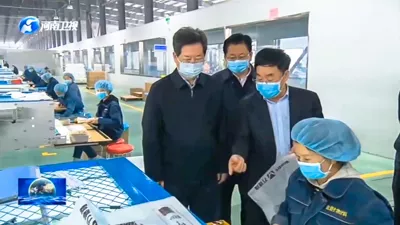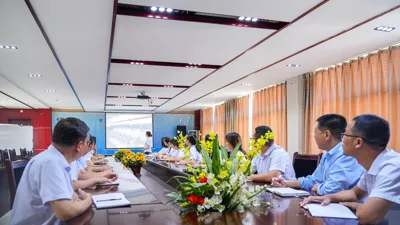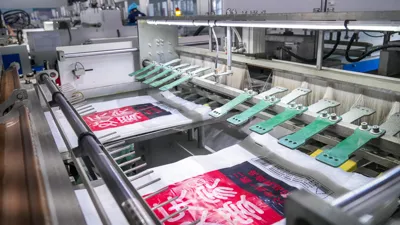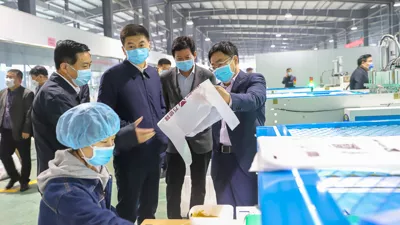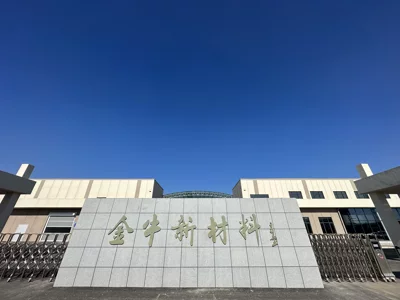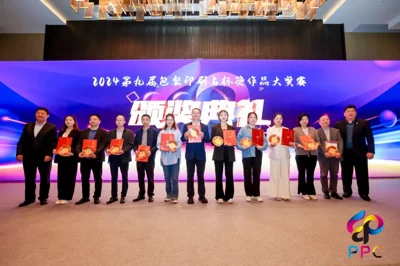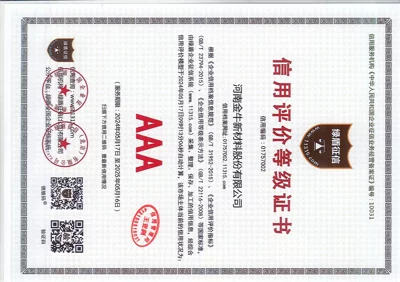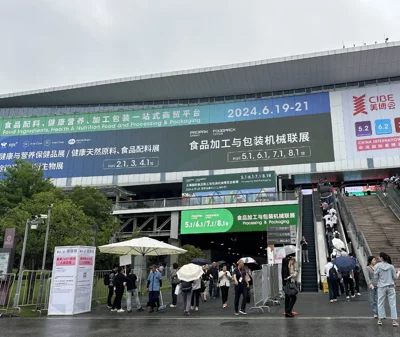The Impact Of Flexible Packaging On The Food Industry
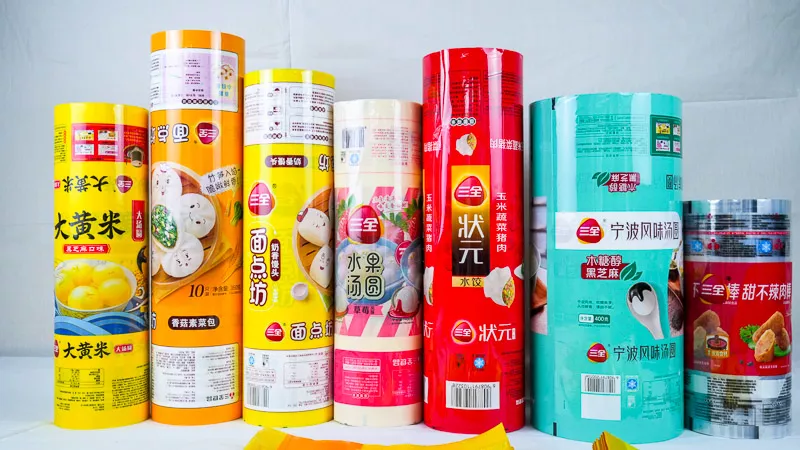
Research shows that demand for flexible packaging in the U.S. is expected to rise 3.2% per year. From cost savings to marketing adaptability, the advantages of this packaging option are becoming more widely recognized across an array of industries. The food and beverage sector is no exception, as food brands adopt flexible packaging for more and more types of consumer packaged goods (CPG). Even foods with high liquid contents such as soups are being transitioned from rigid packaging containers to flexible pouches, and the fastest advances towards flexible packaging through 2023 are anticipated for beverages. Here’s an inside look at why flexible packaging has such an impact on the food industry, and why this option is quickly becoming a top choice for food companies everywhere.

How Is Flexible Packaging Affecting the Food Industry
As flexible packaging gains popularity in the food industry, it is widely viewed by national brand owners and private labels as the packaging of choice for many types of foods on both a domestic and global level. The U.S. flexible packaging market was valued at approximately $24 billion in 2016, while the global market came in at $98 billion.
From soups to cocktails, the industry is experiencing a major shift to flexible pouches for foods and beverages that contain high liquid contents. This option is both lightweight and convenient, and it enables innovative structures and graphic treatments.
A recent study by The Freedonia Group reports that food markets for converted flexible packaging accounted for 71% of total demand in 2016 and are expected to rise to $15.5 billion in recent years. It also reveals that meat/poultry/seafood, baked goods, snack food, produce, candy/confections and pet food were the largest food markets for converted flexible packaging in 2016, accounting for a combined 65% of food packaging demand. Through following years, the fastest advances are anticipated in beverages, with meat/poultry/seafood and snack food also seeing positive gains.
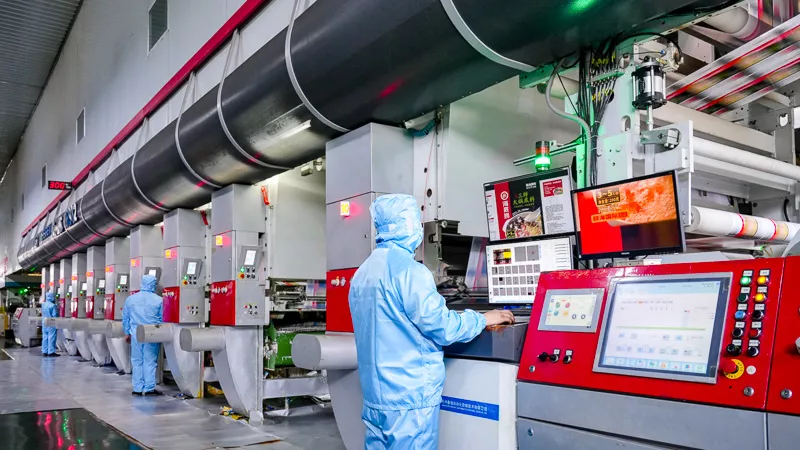
How Are Food Companies Benefiting
In each aspect of the food packaging process, there is a selection of options in flexible packaging protection. Various materials and applications of flexible packaging offer undeniable advantages to food and beverage brands across the market, with competitive benefits like:
Convenience and ease of use.
Flexible packaging is lightweight as well as easy to open, carry, store and reseal with features like zip locks and spouts. The convenience factor makes food products more attractive to consumers, which translates to greater sales opportunities for brands.
Extended shelf life.
Flexible packaging extends the shelf life of many food products because it leverages materials capable of maintaining appropriate temperatures and controlling the transmission of oxygen, carbon dioxide, ethylene and water vapors.
Food safety.
Flexible packaging often incorporates barrier material that blocks harmful ultraviolet (UV) rays from the sun, moisture, grease, contamination and oxygen.
Environmental friendliness.
Flexible packaging requires less energy to manufacture and transport, and it generates smaller quantities of greenhouse gases on its way to market. The recyclability and sustainability of some flexible packaging options, as well as their minimization of materials, can boost product appeal to consumers who prefer buying from companies that take steps to reduce their environmental impact and ecological footprint.
Branding functionality and adaptability.
Flexible packaging provides an opportunity for brands to maximize shelf appeal, make their products more visible and employ creative presentation and marketing options.
Whether your goal is to increase your product’s shelf life, minimize loss during transit, ensure proper humidity levels and temperatures, develop more creative package branding, adopt environmentally conscious packaging efforts or minimize production and costs, flexible packaging is a top solution for your food and beverage products.
Maggie is the Export Manager at Henan Jinniu New Material Co., Ltd. With extensive experience, she has been crucial in expanding global reach and building strong client relationships. Maggie holds a Bachelor's degree in International Business and is committed to quality, innovation, and sustainability in the packaging industry.


